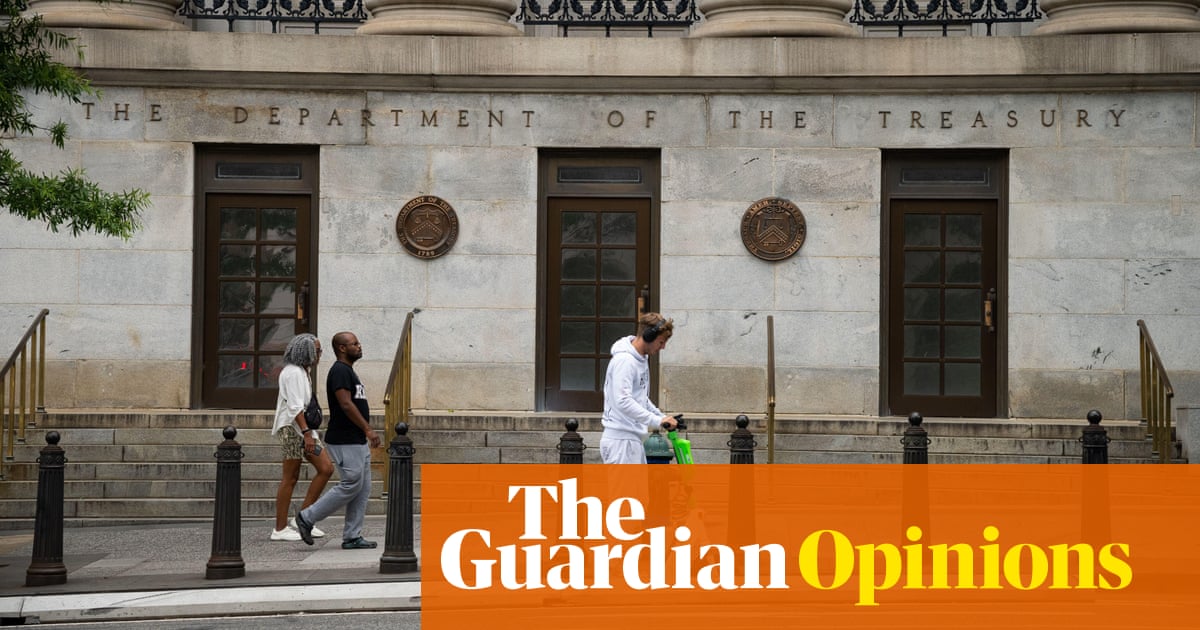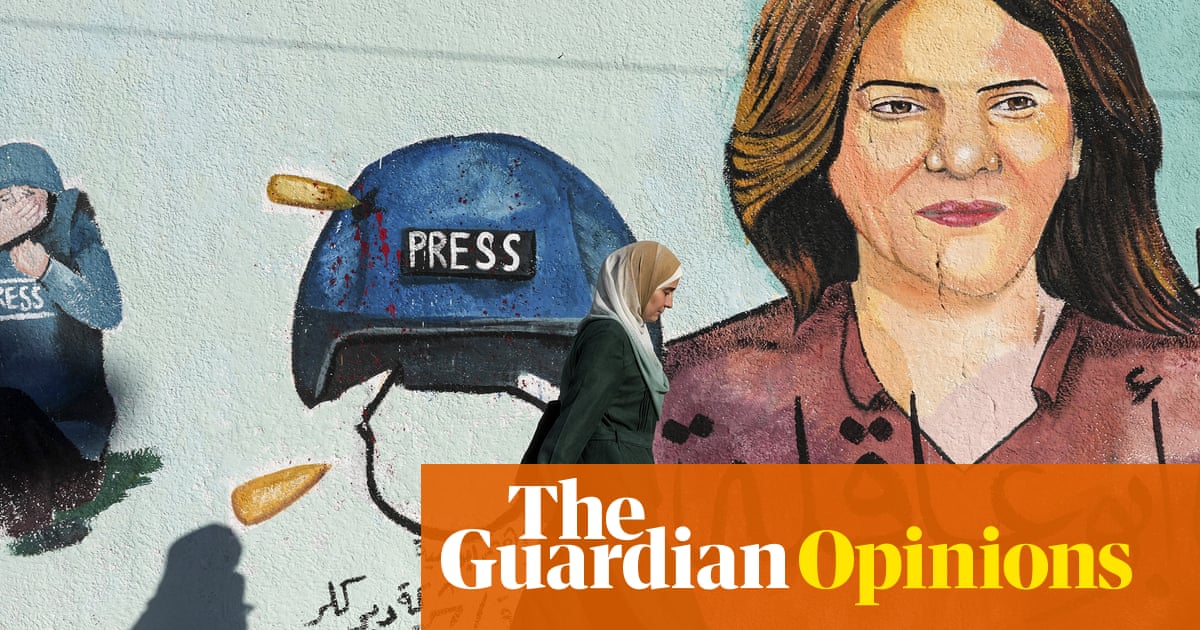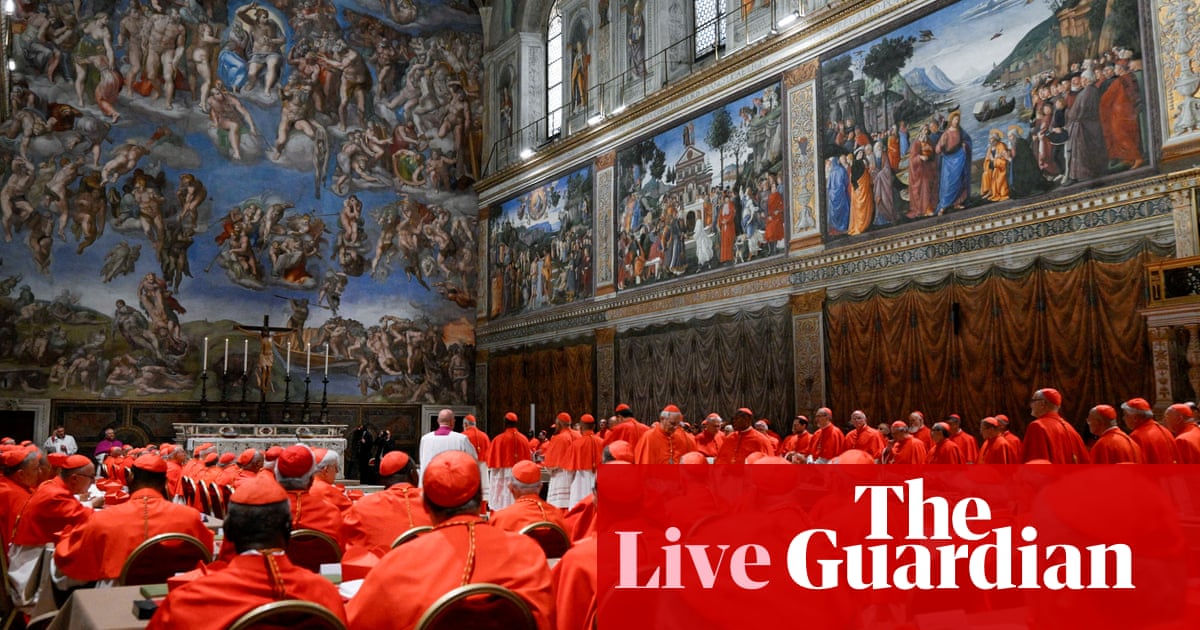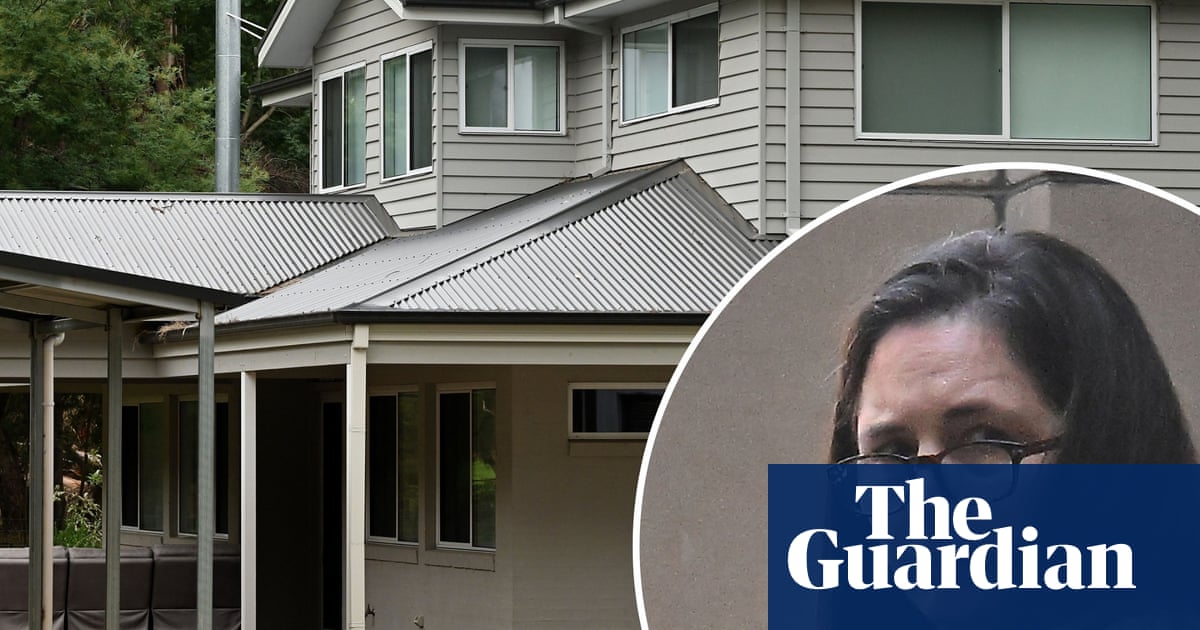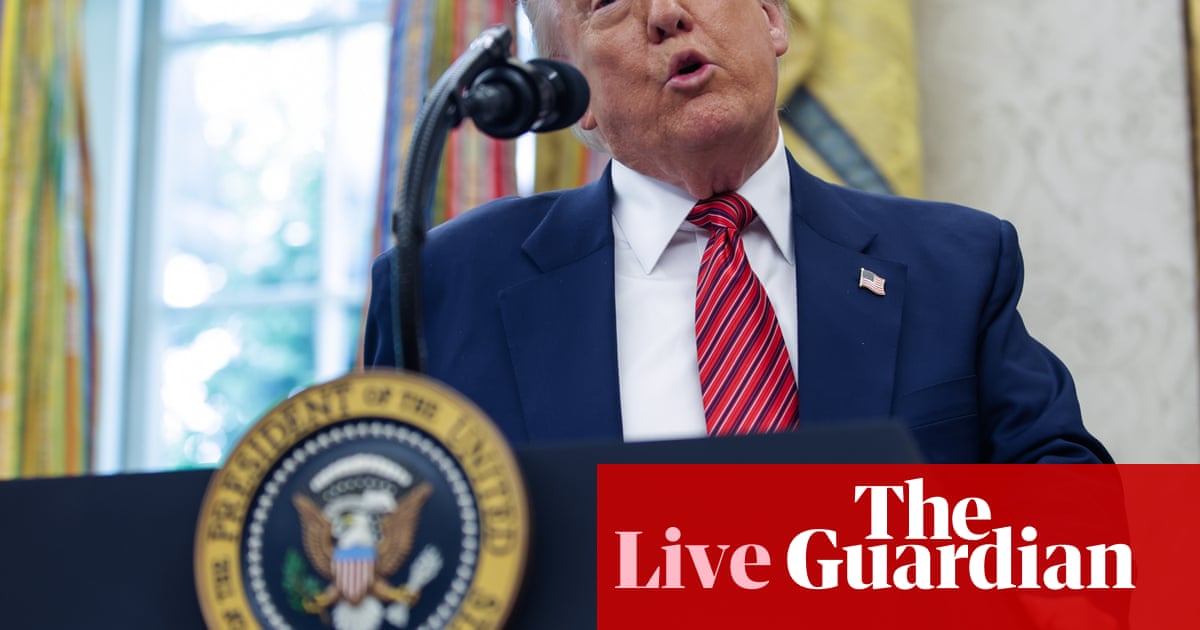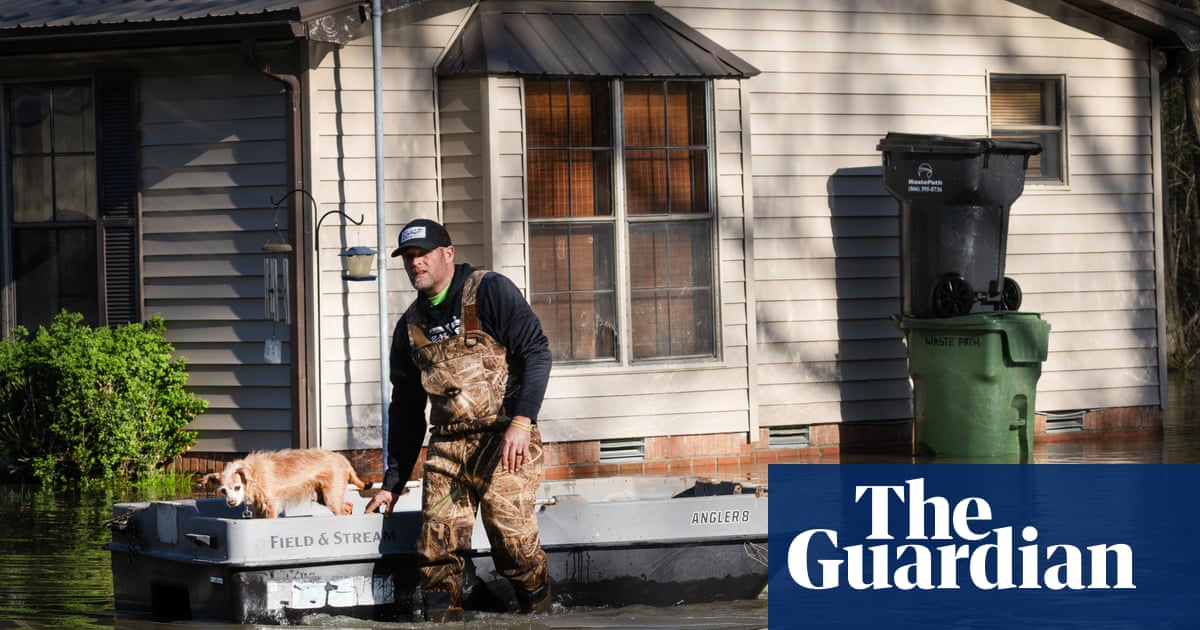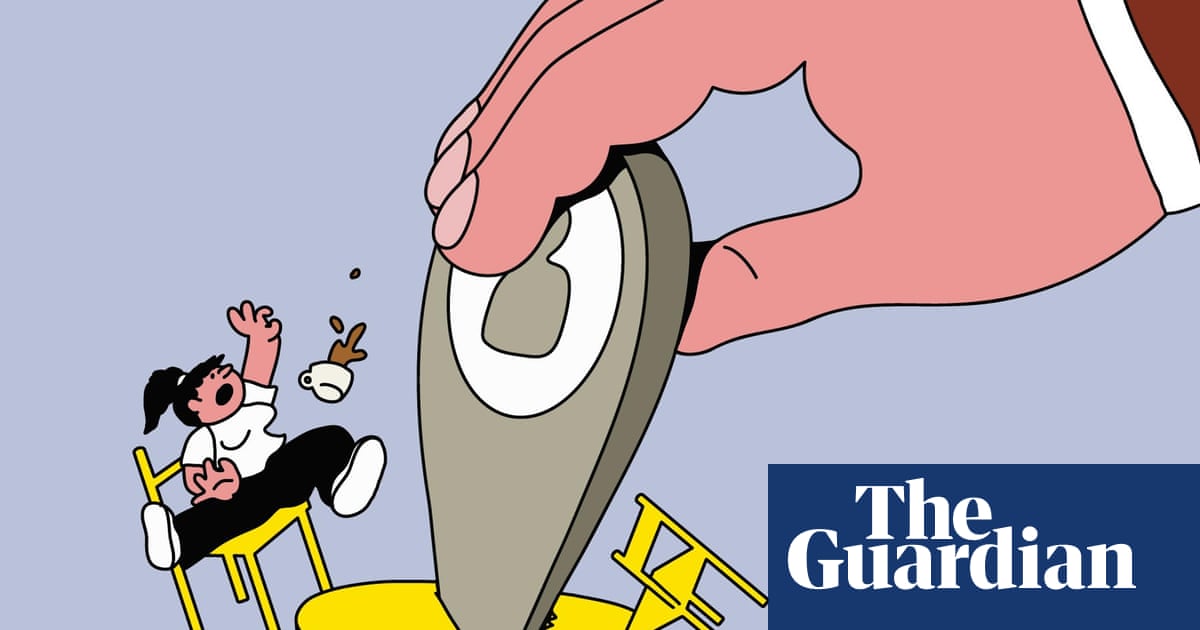I get it. That was Sir Keir Starmer’s reaction as the inquest began into last week’s election victories for Reform UK, and for sure there are many lessons to be learned. Voters are unhappy with the government’s record. The Conservative brand is still toxic. Nigel Farage is a force to be reckoned with. But perhaps the biggest lesson is that class still matters in politics.
Labour’s response to losing the Runcorn and Helsby byelection and almost 200 local council seats was to announce extra funding to spruce up GP surgeries and to hint at a crackdown on student visa applications. There has also been talk, albeit denied, of a rethink on the decision to means test the winter fuel payment for pensioners. The issues that exercise working-class Britain – immigration, the NHS and the cost of living – are central to politics. For now at least, the politics of class trump the politics of identity.
It was not always this way. A quarter of a century ago, Tony Blair championed the idea of a classless Britain in which the old disputes between capital and labour would be a thing of the past, the role of unions would be to help retrain workers for the jobs of the future, and there would be a broad acceptance of the changes wreaked by the Thatcher revolution of the 1980s.
The thinking went like this. Closing Britain’s pits and factories had meant a rapid decline in blue-collar manual jobs, but they would be replaced by white-collar jobs in the growing services sector. Expanding higher education would increase the supply of graduates and lead to rising demand for better-paid jobs. The old divisions would melt away as the country became more middle class. People would live similar lives, share the same attitudes, have the same worldview.
Steady growth between the early 1990s and late 2000s encouraged the fantasy that all the big economic questions had been settled. Politics was no longer dominated by jobs, wages and living standards. Identity politics filled the vacuum.
Fashionable though it briefly was, this view of a classless Britain did not survive contact with reality. The closure of factories and mines did not mean working-class communities disappeared. Nor did it mean working-class jobs disappeared. It simply meant well-paid unionised jobs were replaced by lower-paid, non-unionised jobs in warehouses and call centres. The proletariat was replaced by what the economist Guy Standing aptly called the precariat.
Meanwhile, many of the young people who stayed on in full-time education after the age of 18 ended up in jobs for which they were overqualified. Not all of them find fulfilling, well-paid work.
Finally, the assumption that Britain had discovered the secret of perpetual and universal prosperity proved to be a pipe dream. The 16 years of plenty between 1992 and 2008 have been followed by 16 fallow years since. Unemployment has remained low but for many people life is a struggle to make ends meet. More than half the children in poverty live in households where the parents are working, leaving them vulnerable to rising interest rates, higher energy bills and dearer food bills. There has been plenty of sympathy for striking workers seeking to defend their living standards during the cost of living crisis. Support for state ownership has been growing.
None of which should be particularly surprising, since prosperity in Britain is heavily concentrated. While all regions of the UK have their prosperous enclaves, those employed in the better-paid jobs in finance, business services and the professions are more likely to live in the south-east of England.
Gross domestic product per head of population in London is more than double its level in the north-east of England, while only in London and the south-east is GDP per head above the national average.
For a while, the political significance of Britain’s geographic split was limited. The old industrial regions maintained a class loyalty to Labour long after the factories were bulldozed and the pits were replaced by warehouses and call centres. That is no longer the case.
What became known as the “red wall” voted for Brexit in 2016 and for Boris Johnson in 2019 before giving Labour another – and perhaps final – chance in last year’s general election. Nor is it just seats in the north of England that are politically footloose. Seats in the south-east that have a preponderance of working-class voters – such as Stevenage and Harlow – are also in play.
A separate struggle to capture middle-class voters is evident in the south of England. In the better-off parts of the country there is a four-way battle involving Labour, the Conservatives, the Liberal Democrats and the Greens. Here the political mood is different: voters tend to favour rejoining the EU, support the net zero agenda, and have often personally benefited from migration in the form of foreign-born cleaners, nannies and tradespeople. As the debate over immigration shows, these two Britains don’t really understand each other. Nor do they like each other all that much.
For the Conservatives, it is an existential crisis since they are unloved – for different reasons – by voters in the north and the south of England. But Labour, too, faces a challenge, with its massive majority under threat from left and right.
Denis Healey famously said that the first thing to do if you are in a hole was to stop digging. While that’s clearly sound advice – especially in the context of winter fuel payments and welfare cuts more generally – it won’t be enough to hold together Labour’s broad, yet fragile, coalition.
For that to happen, Labour has to fix the economy – because while Britain’s cultural divide is unlikely ever to be healed, a rising tide lifts all boats. That, though, requires more than a quick burst of consumer-led growth. It means sorting out the structural weaknesses – notably chronic underinvestment – that give rise to the sense that Britain is broken, and it means ensuring the benefits of growth are more evenly spread. The government talks a good game on this score but as last week showed voters want more than warm words. They are impatient for action.
-
Larry Elliott is a Guardian columnist

 3 hours ago
6
3 hours ago
6
